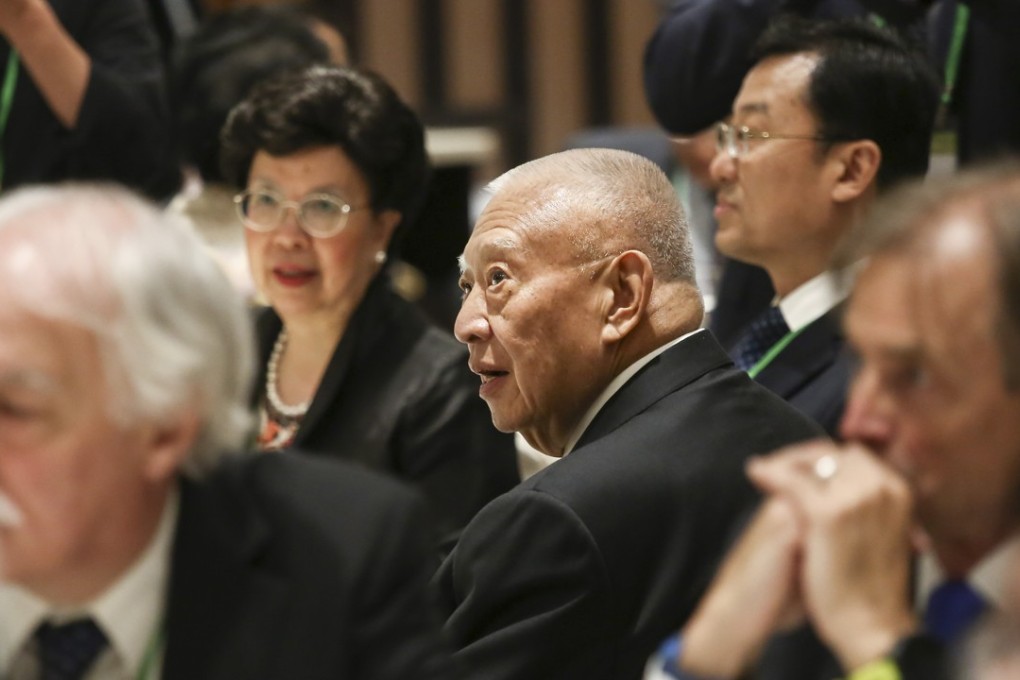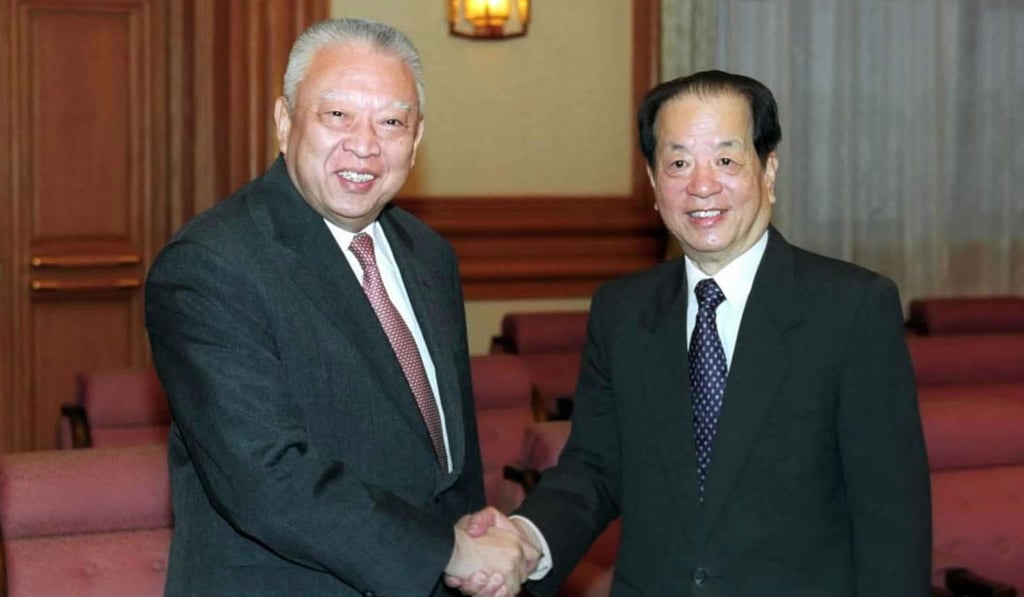Beijing refused to step in during 1998 Hong Kong financial crisis, former city chief reveals
Former Hong Kong chief executive Tung Chee-hwa reveals Beijing officials did not want to breach ‘one country, two systems’

Beijing declined the Hong Kong government’s request to have experts intervene in the city’s financial crisis after the 1997 handover in order not to breach “one country, two systems”, the city’s leader at the time has revealed.
Tung Chee-hwa, who made the appeal for intervention to Beijing in 1998, shared the story from his tenure as the first post-handover chief executive on Friday as he spoke about his experience with the political model at a conference held by the Asian Academy of International Law.
That year, Hong Kong was embroiled in the Asian financial crisis. The city’s exchange rate, linked to the US dollar, and the stock market were threatened by speculation by international investors. The government was making plans for a massive intervention to beat back the speculators.
“It was a very difficult decision to make. I telephoned the deputy premier Mr Qian Qichen,” Tung recalled. “I said ... can you send a couple of guys down here, let’s walk through this together and make sure every thought has been vetted very carefully. He said ‘okay, let me think about it for two days’.”

Tung said Qian called him back about two days later: “He said, ‘Mr Tung, we really don’t know enough about you, about Hong Kong. If I send people down to see you they may give you all sorts of wrong advice. You’ll regret it, I’ll regret it. I don’t think it’s a very good idea. We trust you and your colleagues. You should go ahead. Don’t bother with us’.”